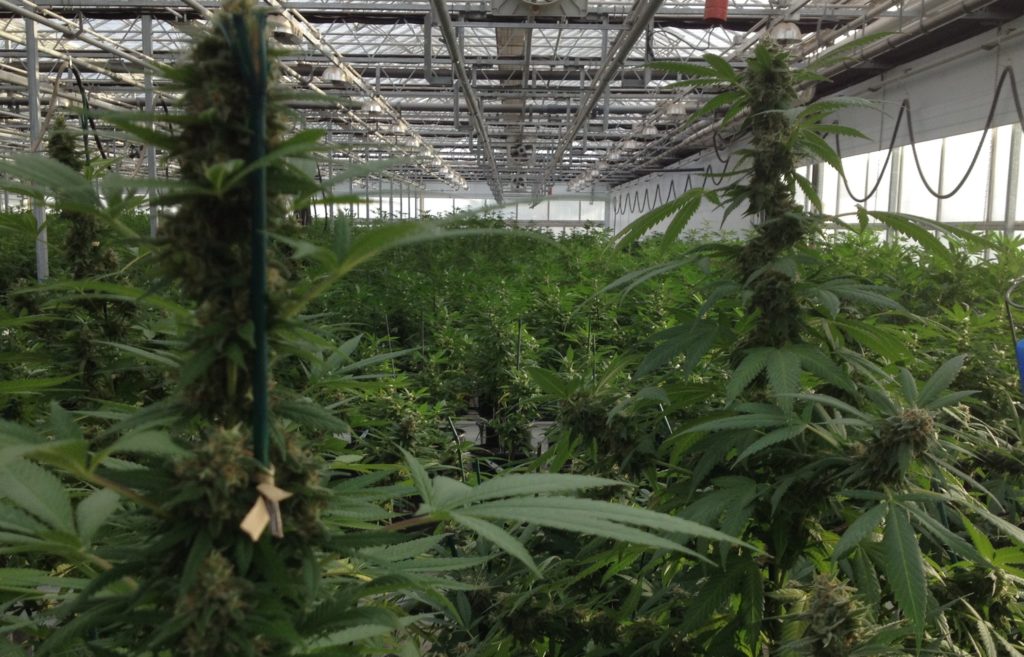Agency could announce change this summer
By David Kerr
At long last, there appears to be some movement regarding marijuana’s classification as a Schedule I drug. The Drug Enforcement Administration, the Department of Health and Human Services and the Office of National Drug Control Policy recently stated in a letter to Congress that they expect to review the classification of cannabis this year.
Specifically, the DEA said it “understands the widespread interest” and “hopes to release its determination in the first half of 2016.”
The DEA will base its decision on the scientific and medical evaluations of cannabis and the recommendation of the Department of Health and Human Services in response to two rescheduling petitions — one of which was filed in 2011 by former governors Christine Gregoire, of Washington, and Lincoln Chafee, of Rhode Island.
This represents important movement, but it isn’t clear if it will result in the progress we are hoping for. It is possible that the determination will be that marijuana should remain a Schedule I drug along with heroin, LSD, mescaline, ecstasy, MDMA, Quaaludes, psilocybin, khat and bath salts. The DEA previously considered reclassifying marijuana in 2001 and 2006, but decided not to remove it from Schedule I.
However, a reclassification to a different schedule could be a significant boost to the nascent recreational marijuana industry. Under the Controlled Substances Act, Schedule II drugs have “a high potential for abuse,” but have “a currently accepted medical use in treatment in the United States or a currently accepted medical use with severe restrictions.” Morphine, OxyContin and Percocet are Schedule II drugs. The classifications go down to Schedule V for drugs with “a low potential for abuse” and accepted medical uses.
Everyone knows the primary inhibitor to progress in the recreational marijuana business is that marijuana remains a Schedule I drug according to the Controlled Substances Act. Schedule I is reserved for drugs the DEA considers to have the highest potential for abuse and no “current accepted medical use.” This, to a large degree, prevents marijuana businesses from opening bank accounts, negates the possibility of getting loans from banks, causes landlords to shy away from entering into leases, and necessitates the stifling regulatory structures that have been enacted in states at the forefront of the emerging cannabis industry.
I don’t know if it is within the realm of political and regulatory possibility that marijuana could be changed to as low as Schedule V or removed from the schedule altogether. However, even if marijuana only drops to Schedule II (leaving heroin behind, but becoming the unlikely and awkward stepsister of drugs like morphine), that is still a rather seismic shift.
We will know soon enough. Interestingly, we will also know in time for this decision to slip into the dialogue and conversation around the 2016 presidential election.
We have traversed a long and difficult distance from Bill Clinton’s “I didn’t inhale” dodge in 1992. With a DEA determination on marijuana reclassification expected this summer, I am interested in the candidates’ various positions on this topic. I am willing to bet some of them inhaled.
Attorney David Kerr serves business clients throughout Washington, with an emphasis on the emerging legal, regulatory and compliance issues facing new cannabis businesses. He can be reached at david@dkerrlaw.com.


